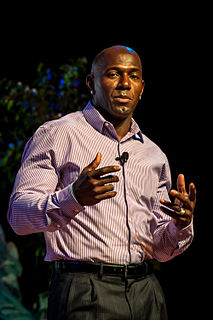A Quote by Jason Wu
In American culture you leave home at 18. In the Asian culture, your parents don't really want you to leave home. So my parents just thought I was going to be one of those kids. I was like, "I'm never going to make a living at whatever I do." I just liked pretty things.
Related Quotes
Our whole goal is really to create a culture of accountability. Because for a very long time, ending sexual assault has been on the backs of survivors. And it's really up to everyone to be part of the solution. It's really about not creating a culture of awareness. It's something I often tell parents of kids who are going off to college: It's about asking those hard questions when your kids are applying to school and encouraging them to ask about their rights, to ask about their resources.
I grew up in a very religious family, so that was never going to leave me. I just accepted it over the years. Although I'm not religious myself, it is so much a part of me. It's a part of my history, a part of my tradition and my culture, so I don't want to just throw it away and leave it behind, because it's made me who I am today.
I would say basically the commonplace observation that kids aren't going to earn as much as their parents is now is a coin flip at this point. Are you going to do better than your parents? It's a 50-50 chance, whereas if you were born in the 1940s or 1950s, you had more than a 90 percent chance you were going to do better than your parents. So basically almost a guarantee for most kids that you were going to achieve the American Dream of doing better than your parents did. Today, that's certainly no longer the case.
Now people are much more receptive because they can just go online and just Google your name and make sure you're not, you know, psycho. But, before, I think lot of opportunities were missed by a lot of girls. Also parents! The girls would go home and would say, "Oh, you know, I was just scouted." And the parents were, like, "You're not going to be a prostitute."







































